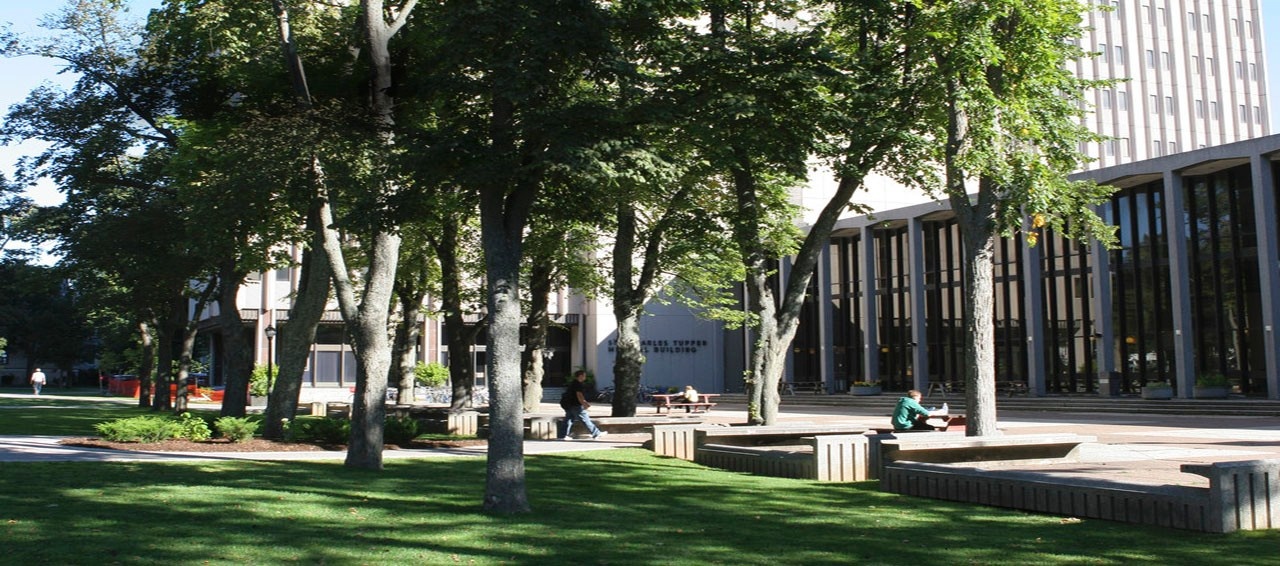About
The I3V Wave 1 Team brings together internationally-recognized strengths in infection, immunity, inflammation and vaccinology research at Dalhousie and affiliated Health Centres to provide a unique resource for preventing and combatting disease. Our disease targets range from infectious disease to autoimmune diseases and cancer and exploit a range of research methodologies and approaches from traditional laboratory and clinical science to the knowledge mobilization, informatics and ethical expertise. Built upon the proven success of existing teams such as the Canadian Center for Vaccinology (CCfV) and Dalhousie Human Immunology and Inflammation group (DHIIG), I3V is developing a unique, cutting-edge research and training program which will combine our strengths in translational research and allow us to take on larger objectives. The blend of basic scientists, social scientists, and the high proportion of clinician-researchers within the team helps to ensure the direct relevance of our research. Our local facilities and network of collaborations permit initial human trials that build from our work and our national and international stature ensures that we are involved in the leading edge of research in our areas of interest.
